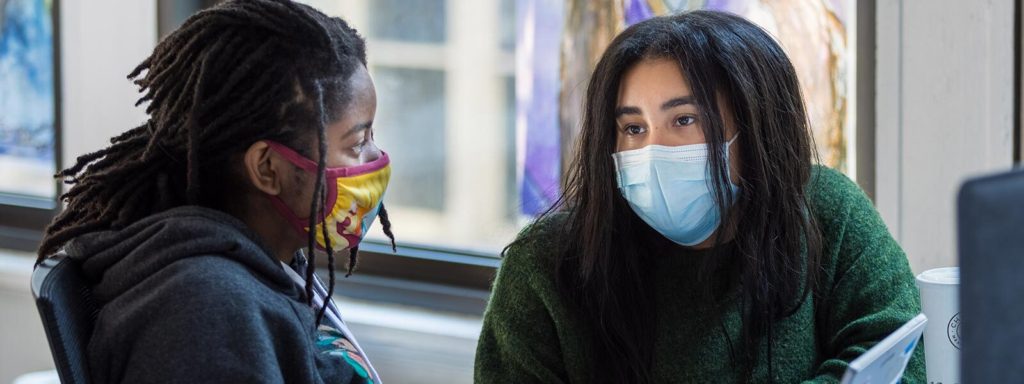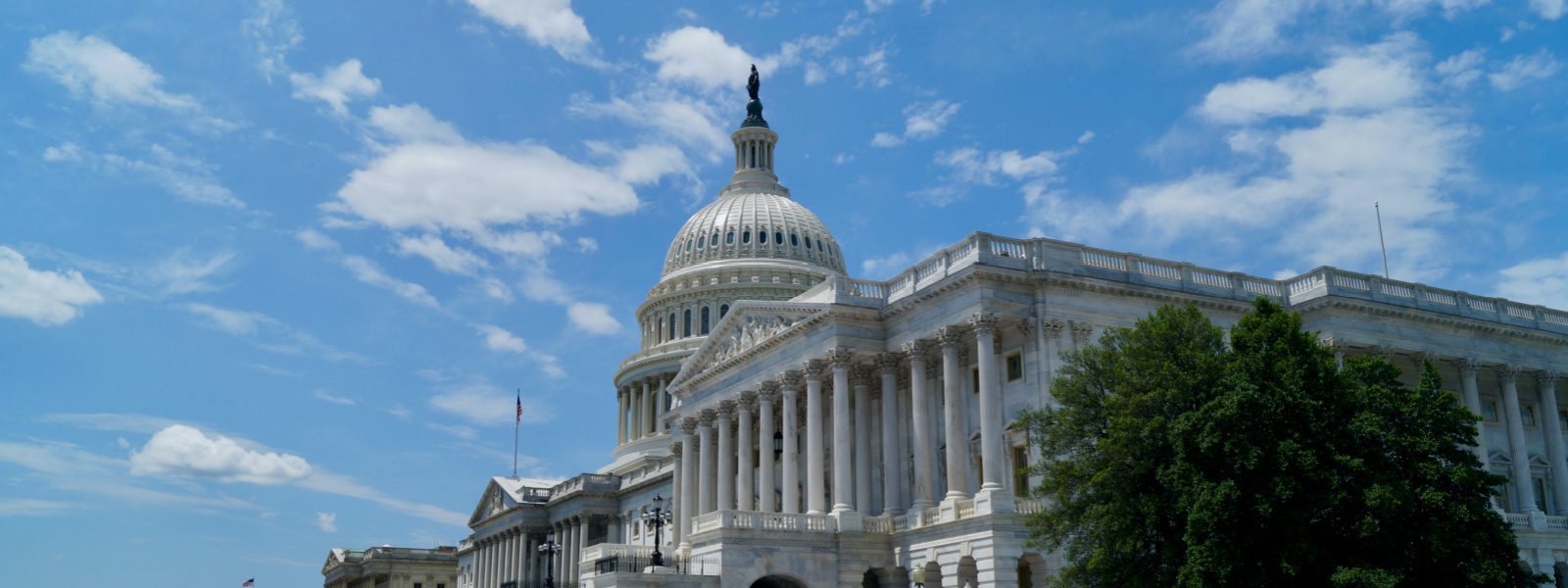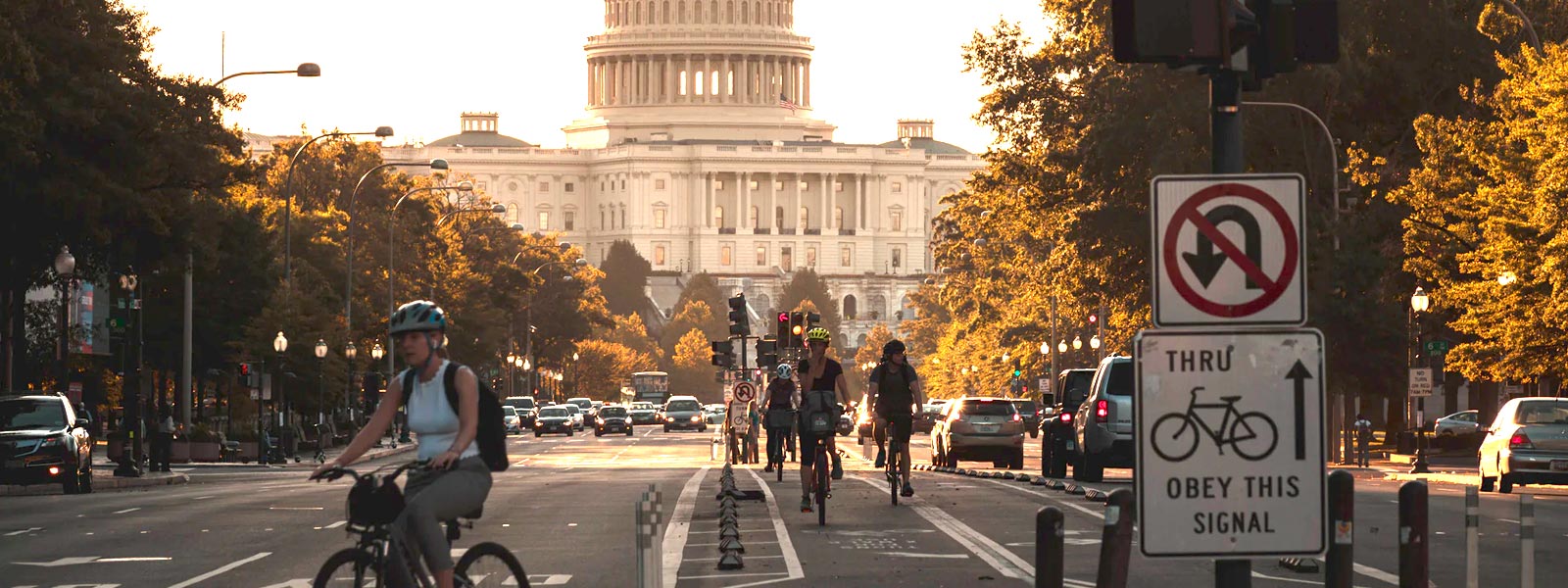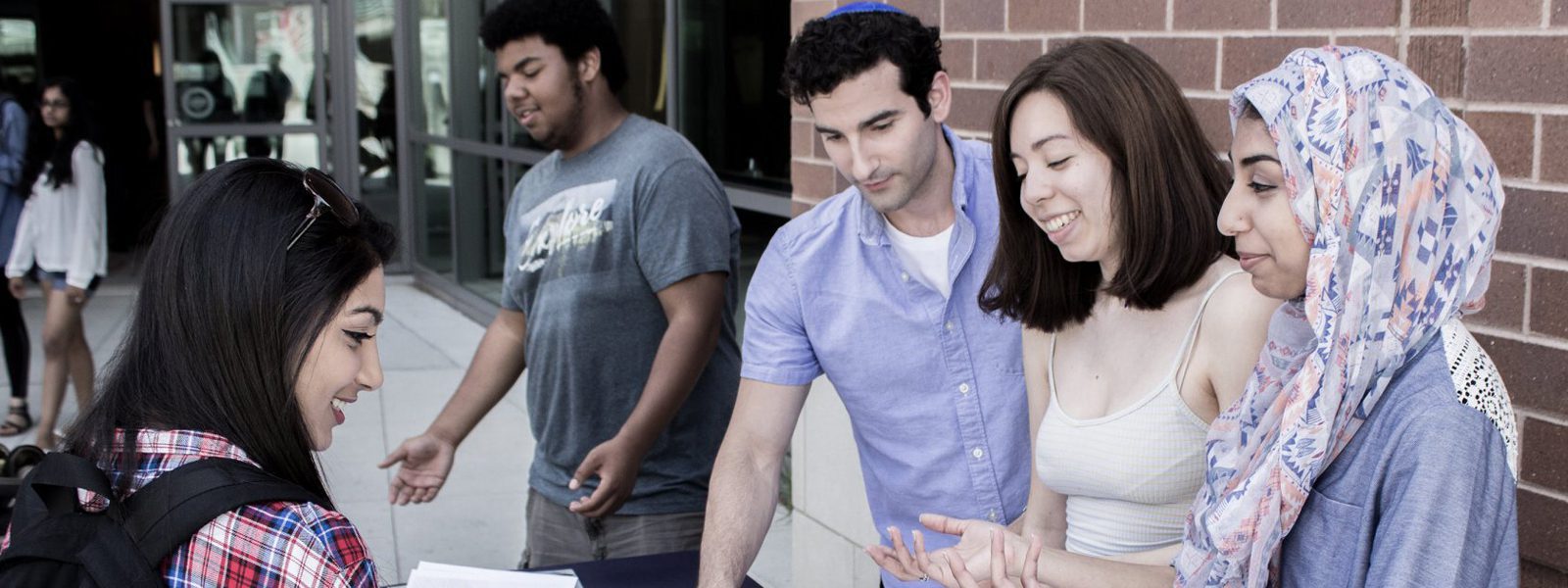How many of us fondly remember our summer camp memories of joyful experiences with new and returning friends? It was a welcome break for kids — and for parents, too! Sadly, the pandemic robbed us of the experience last year, forcing us to put safety and distance, rather than fun and freedom — first. It also created formidable challenges for nonprofits that provide summer camp experiences, forcing them to reimagine how to continue to provide enrichment activities for young people, while constrained by social distancing requirements.
We continue to support The White House effort to ensure a 70% vaccination rate in the U.S. by the 4th of July – peak summer camp season – and thought we’d check in with several Independent Sector members on how they weathered pandemic challenges – and their camp plans this year as they work to strengthen communities and provide youth with equitable access to outdoor space, physical activity, and reconnection with community and friends.
Girl Scouts of the USA
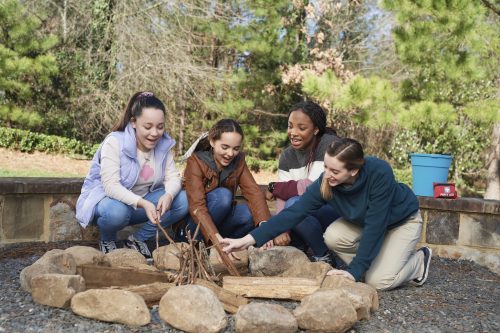
Photo courtesy of the Girl Scouts of the USA
With girls’ safety being their top priority, COVID-19 prevented the Girl Scouts of the USA (GSUSA) from running camps last year. Instead, they launched a national virtual camp marketplace to make it easy for caregivers to find fun and affordable at-home options for girls across the country, which they’re also offering this year. The virtual camp programs include a blend of live interactions with camp counselors and plenty of activities to complete away from the screen, independently or with a caregiver.
But the Girl Scouts also are offering safe in-person programs this summer, according to Amanda Daly, Director, National Outdoor Strategy. “Girl Scout camps are run at the local council, but we know that most are resuming in-person programs with stringent safety precautions. But there are also virtual and hybrid options for girls and families who might not yet be ready to return to in-person camp.“
According to Daly, “Girl Scout camps are well-prepared to offer a safe experience this summer, in person as well as virtually. While some aspects this year look a bit different, local day and resident Girl Scout camps across the country have planned a number of measures to keep campers and staff safe and healthy.” Daly said, “Nationally, we have seen a huge demand for this summer’s camp programs in sign-ups,” and she encourages girls and caregivers to explore Girl Scout camp options at www.girlscouts.org/camp.
Urban Arts Partnership
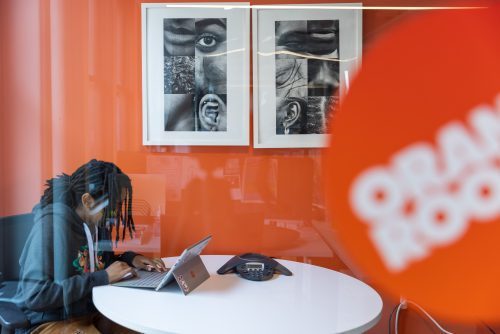
Photo courtesy of Urban Arts Partnership
Urban Arts Partnership (UAP) believes that quality education shouldn’t depend on a child’s zip code, and works to integrate arts in New York City classrooms to disrupt the status quo in public schools, engage students, and boost academic outcomes. Regarding challenges presented by the pandemic, Chief Program Officer Kevin Kim Wright said, “Getting rid of an impossible ideal was the first step in responding well to the challenges before us.”
They decided to recreate their summer camp on Discord since students were already familiar with it, and thought through how to achieve their end goals for student growth and development digitally. “We ended up with a record summer enrollment and no reduction in student outcomes as a result of this approach – something I would not have thought possible beforehand!”
While the vaccine rollout is progressing well in New York City, UAP is finding that parents are still a bit hesitant about a full-blown in-person summer camp. Wright says while they’ll be “operating our camp in the digital space again,” they are currently “about 30% over-enrolled at the moment, so we must be doing something right.” He anticipate transitioning back to an in-person camp experience next summer, saying, “It’s not about going back. It’s about moving forward with the valuable lessons we’ve learned during this pandemic in order to serve students in the best way we can.”
Camp Fire
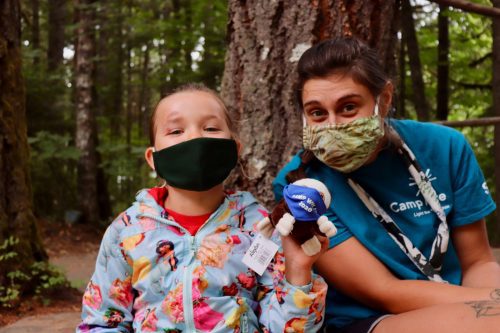
Photo courtesy of Camp Fire
Erin K. Risner, Director, Marketing & Communications at Camp Fire National Headquarters, says as a result of the pandemic, for the most part, “when it came to camp at our Camp Fire locations in 25 states, things hit pause.” But, she adds, “Our Camp Fire councils adapted quickly. They offered emergency childcare for healthcare workers, helped meet basic needs in their communities like providing meals and snacks, or began offering virtual programs so kids and teens could still have a place to connect with each other,” serving more than 100,000 youth and families virtually in 2020.
Now that things are returning to some sort of normalcy, Risner says one thing is for sure: “Youth need connection more than ever.” She shares that “most Camp Fire councils are already offering programs again, and most will have some kind of summer programming. They also are continuing an initiative started in 2019 called CAMPER: Camp Accessibility, Meaningful Participation, and Equal Representation, which expands overnight/resident camp among underserved youth cohorts that include young people from economically underserved backgrounds, young people who identify as LGBTQ+, and young people with disabilities.
Risner says they often hear from Camp Fire youth that their programs are the only place where they can be “their whole self and connect with others in a safe, affirming environment.” She adds, “While it may be delayed in timing, resident and day camps are going to happen in almost all 25 states we work in. Woohoo!”
YMCA of the USA
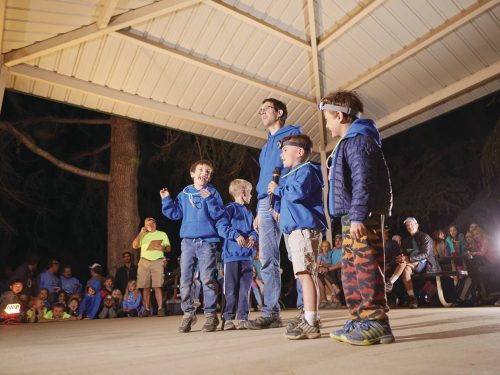
Photo courtesy of the YMCA of the USA
“Last summer provided us with invaluable learning experiences as to what we need to from a safety and cleaning perspective to minimize risk,” said Paul McEntire, Chief Operating Officer of the YMCA of the USA.
Last spring, the Y and the American Camp Association worked with Environmental Health & Engineering, Inc. and an expert panel of pediatricians, nursing experts, epidemiologists, infectious disease specialists, industrial hygiene experts, and environmental health scientists to develop a field guide for camps to help them with decision-making and implementation planning for summer camps.
According to McEntire, “The majority of the Y’s 230 overnight camps did not open in their traditional models in 2020. Many of them pivoted to offering family camp options and some also offered virtual camp experiences. The majority of the Y’s 10,000 day camps were able to open last year utilizing the key learnings from the emergency day care Ys offered at the start of the pandemic to first responders and essential workers.”
They are now “working toward a more normal 2021 than 2020,” and to date, all 50 states have announced that overnight camps will be able to open this year. Additionally, the Y’s 2021 summer camp registrations look close to normal, with most of their overnight camps booking at 80-100% capacity.
McEntire adds, “While we are encouraged with the enthusiasm for this summer, many of our camps are still struggling from the detrimental effects of COVID-19 on last summer. So we are reliant, more than ever on, not just registrations, but also on the generosity of public and private philanthropic support,” a sentiment with which other nonprofit summer camp providers can most likely agree.
The top photograph is courtesy of Urban Arts Partnership. Learn about other Independent Sector members and becoming a member.
